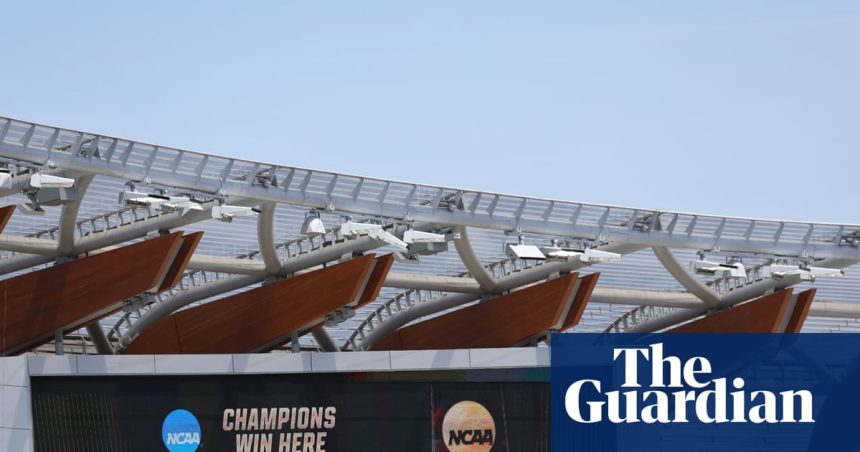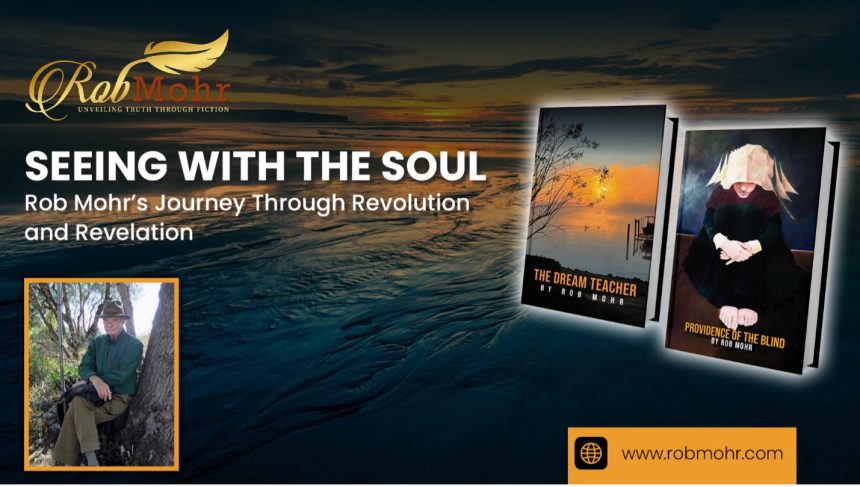The new organization overseeing name, image, and likeness (NIL) agreements in collegiate athletics has reached an agreement that relaxes regulations on player contracts with third-party collectives, averting a return to legal battles that have persisted for years.
The College Sports Commission (CSC) announced on Thursday that it will now accept third-party companies that propose payments to athletes if the contracts serve a “valid business purpose.” This definition includes deals connected to the promotion or endorsement of goods or services marketed to the general public for profit.
Previously, collective agreements established solely for compensating players were deemed without valid business purposes, even if they provided products for sale. This earlier guideline, introduced in July, posed a significant threat to the structure of third-party collectives, which have become the primary source of NIL arrangements since their inception in 2021. The introduction of direct payments to athletes under the recently settled House terms created uncertainty regarding the role of these collectives.
The CSC, responsible for evaluating third-party agreements exceeding $600, aimed to prevent schools from using collectives as a loophole around the established $20.5 million limit on what institutions can pay athletes. In response to this guidance, attorneys representing plaintiffs indicated they were prepared to revisit the courts, claiming that the CSC’s position misinterpreted the lawsuit settlement allowing for such payments.
The updated guidance from the CSC allows for a broader interpretation of the capabilities of third-party collectives. The Commission stated that its “for-profit inquiry focuses on whether the sale of goods or services is intended for profit, rather than the financial status of the entity at any specific time.”
In some instances, athletes will be required to present documentation demonstrating the entity’s attempts to profit from the agreement.
A joint statement from both plaintiffs and defendants emphasized that “the traditional purpose of many NIL collectives – raising funds to entice student-athletes to enroll or compete at an institution – does not meet the valid business purpose criterion.” However, they clarified that “In evaluating such payments, the Settlement’s requirements focus on substance, not labels,” suggesting that the assessment should prioritize whether an organization sells to the public for profit rather than merely its designation as a ‘collective.’
Certain responsibilities of the CSC remain unchanged, including determining the fair market value of the goods and services involved and enabling collectives to connect athletes with businesses providing NIL opportunities.






